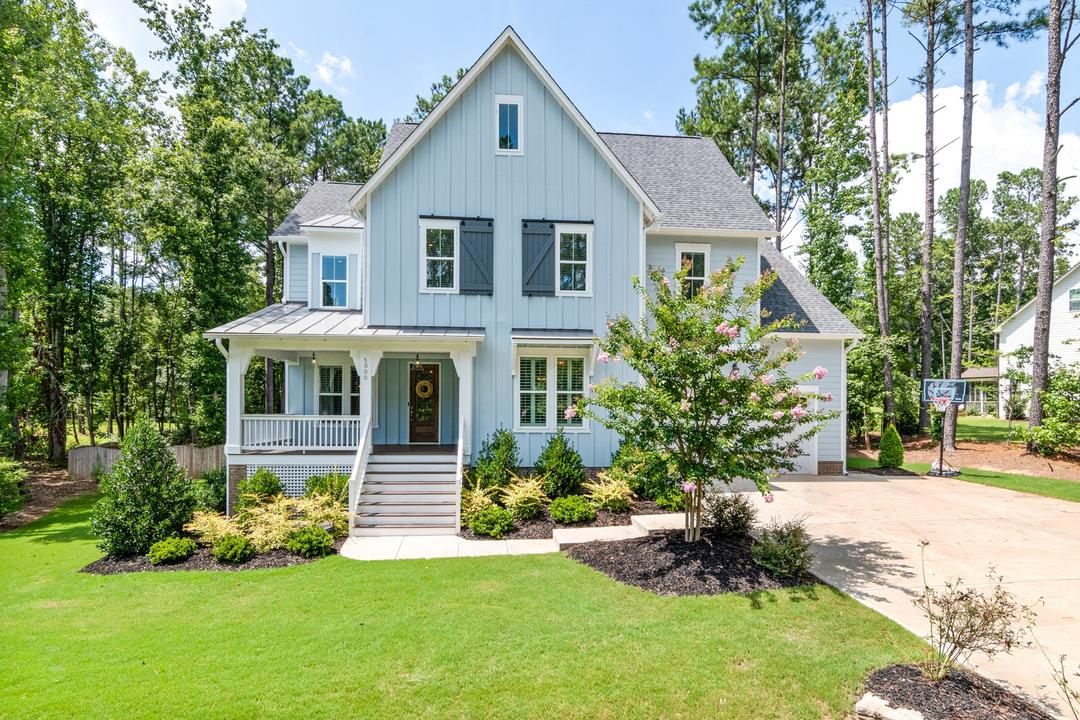Your real estate transaction is now complete, and you’re settling into your new home. However, there’s one final step to expect: receiving the invoice for your property transfer duties, commonly referred to as the welcome tax.
Concretely, what is the property transfer tax? How is the welcome tax determined in Quebec? Are there any exemptions you might qualify for? If you’re looking for a clearer, more detailed overview, read on to learn everything you need to know.
In brief
- The welcome tax, officially called property transfer duties, is a municipal tax payable when a property changes ownership in Quebec.
- The buyer is responsible for paying the tax, regardless of whether it is a first purchase or not.
- The amount is calculated based on the highest value between the sale price, the municipal assessment (adjusted), or the consideration listed in the deed of transfer.
- The invoice is usually sent 1 to 3 months after signing at the notary’s office and must be paid within 30 days.
- Certain family transfers may qualify for an exemption, and some municipalities offer refunds for eligible first-time homebuyers.
What is the welcome tax (property transfer tax)?
In Quebec, each municipality imposes what is known as property transfer duties when ownership of a residential property located within its territory is transferred. This means that an amount must be paid to the city when a property changes owners, whether as a result of:
- A sale;
- A donation;
- An assignment;
- Any other type of transfer.
Why and when must the welcome tax be paid?
The property transfer duties, commonly called the welcome tax, was introduced to provide municipalities with an additional source of revenue. The amounts collected help fund various local public services, such as road maintenance, park development, and improvements to municipal infrastructure.
The invoice for these duties is sent to the new owner approximately 1 to 3 months after signing the deed of sale at the notary’s office. Once you receive this invoice, you have 30 days to make the payment to the municipality concerned.

How is the welcome tax calculated in Quebec in 2026?
The amount payable for the welcome tax depends on the property’s taxable base. This base is determined from one of the following three values, and the highest of the three will be used:
- The sale price stated in the transaction contract (excluding taxes);
- The amount of consideration listed in the deed of transfer;
- The value entered on the municipal assessment roll, adjusted using the applicable comparative factor.
Once this base is established, the tax rates provided by provincial law are applied according to a progressive bracket system. These rates may vary depending on the municipality.
For most municipalities in Quebec
The applicable rates are as follows:
- 0.5% on the first $62,900;
- 1% on the portion exceeding $62,900 but not exceeding $315,000;
- 1.5% on the portion exceeding $315,000.
However, municipalities may adopt a by-law to impose a rate higher than 1.5% on amounts exceeding $500,000, up to a maximum of 3%, except in Montreal, where rates may go beyond that.
For the city of Montreal
For the city of Montreal, the rates are more detailed:
- 0.5% on the first $62,900;
- 1% on the portion exceeding $62,900 but not exceeding $315,000;
- 1.5% on the portion exceeding $315,000 but not exceeding $552,300;
- 2% on the portion exceeding $552,300 but not exceeding $1,104,700;
- 2.5% on the portion exceeding $1,104,700 but not exceeding $2,136,500;
- 3.5% on the portion exceeding $2,136,500 but not exceeding $3,113,000;
- 4% on any amount exceeding $3,113,000.
For the city of Quebec
Here are the rates in effect in the city of Quebec:
- 0.5% on the first $62,900;
- 1% on the portion exceeding $62,900 but not exceeding $315,000;
- 1.5% on the portion exceeding $315,000 but not exceeding $500,000;
- 2.5% on the portion exceeding $500,000 but not exceeding $750,000;
- 3% on the portion exceeding $750,000.
Note: the applicable rates and rules may be modified at any time by municipal authorities. Therefore, it is strongly recommended to verify the current rates with your notary or your municipality before finalizing a transaction.

Who must pay the fees?
The buyer is always responsible for paying the property transfer duties, regardless of whether it is a first purchase or if the person has previously owned property in the same municipality.
In other words, the buyer’s real estate history is not taken into account: whether you purchase a property for the first time or moving across the street, the welcome tax applies under the same conditions, except in cases of specific exemption. In the case of a joint purchase, all co-owners are jointly responsible for payment of the tax.
What are property transfer tax exemptions?
Although having previously owned property in the same municipality does not exempt you from paying the welcome tax, certain specific situations allow for an exemption. Most exemption cases involve transfers of property within the immediate family. Here are the main situations in which transfer duties may be cancelled:
1. Transfer between spouses during a separation or divorce
Transfers between married or civil union spouses are exempt from the welcome tax. The exemption also applies to common-law partners, provided they have cohabited for at least 12 consecutive months prior to the transfer. In the case of separation or divorce, certain details must be considered:
- Divorce: if the transfer takes place before the official date of divorce, the exemption is valid. If the transfer takes place after, the tax is payable.
- Common-law partners: the exemption applies only if the transfer occurs within 12 months following the end of cohabitation.
2. Transfer between direct line generations
An exemption is also possible for a transfer between two ascending or descending generations, such as grandparents, parents, children, or grandchildren. This exemption does not apply to transfers between siblings or other extended family members.
3. Transfer of property valued at less than $5,000
A transfer of ownership may be exempt if the value of the property is less than $5,000. This can occur, for example, in certain land regularization cases, such as when a small portion of a lot is transferred to a neighbour to correct an encroachment.
Buying a first home: can you get a refund of the welcome tax in Quebec?
To promote access to homeownership, some municipalities in Quebec offer programs providing partial or full reimbursement of real estate transfer duties. These measures are mainly intended to support new homeowners, particularly young families.
For example, the City of Montreal offers the Home Purchase Assistance Program, which allows certain eligible buyers to receive a refund of the welcome tax. This program is aimed, among others, at first-time homebuyers with at least one child under the age of 18.
Each city may establish its own eligibility criteria and conditions. Therefore, it is essential to check directly with your municipality to find out whether such a program exists in your area and whether you qualify.
FAQ on the welcome tax
What is the origin of the welcome tax?
The welcome tax is named after former minister Jean Bienvenue, who introduced this measure in Quebec in 1976. It was implemented to provide municipalities with an additional source of revenue.
How does the welcome tax work?
The tax is applied when ownership of a property is transferred (sale, donation, assignment, etc.). It is calculated based on the highest taxable value among the sale price, the amount stated in the deed of sale, or the value on the assessment roll, according to tax brackets defined by law.
Can the welcome tax be refunded?
Yes. In some cases, municipality may offer reimbursement programs to encourage property acquisition. Check with your municipality to see if you are eligible for a refund.
Where does the welcome tax go?
The funds collected through property transfer duties are used by municipalities to finance public services, such as road maintenance, parks, municipal infrastructure, and other local projects.
Can I contest the amount of the transfer duties?
Yes, if you believe the calculation is incorrect or that the taxable value used is erroneous, you may request a review. This process can be carried out with your municipality.
Are you looking to buy a house?
XpertSource.com can help you find a real estate broker. When you tell us about your project, we put you in touch with qualified resources for free. Simply fill out our form (it only takes a few minutes) and we will connect you with professionals.

